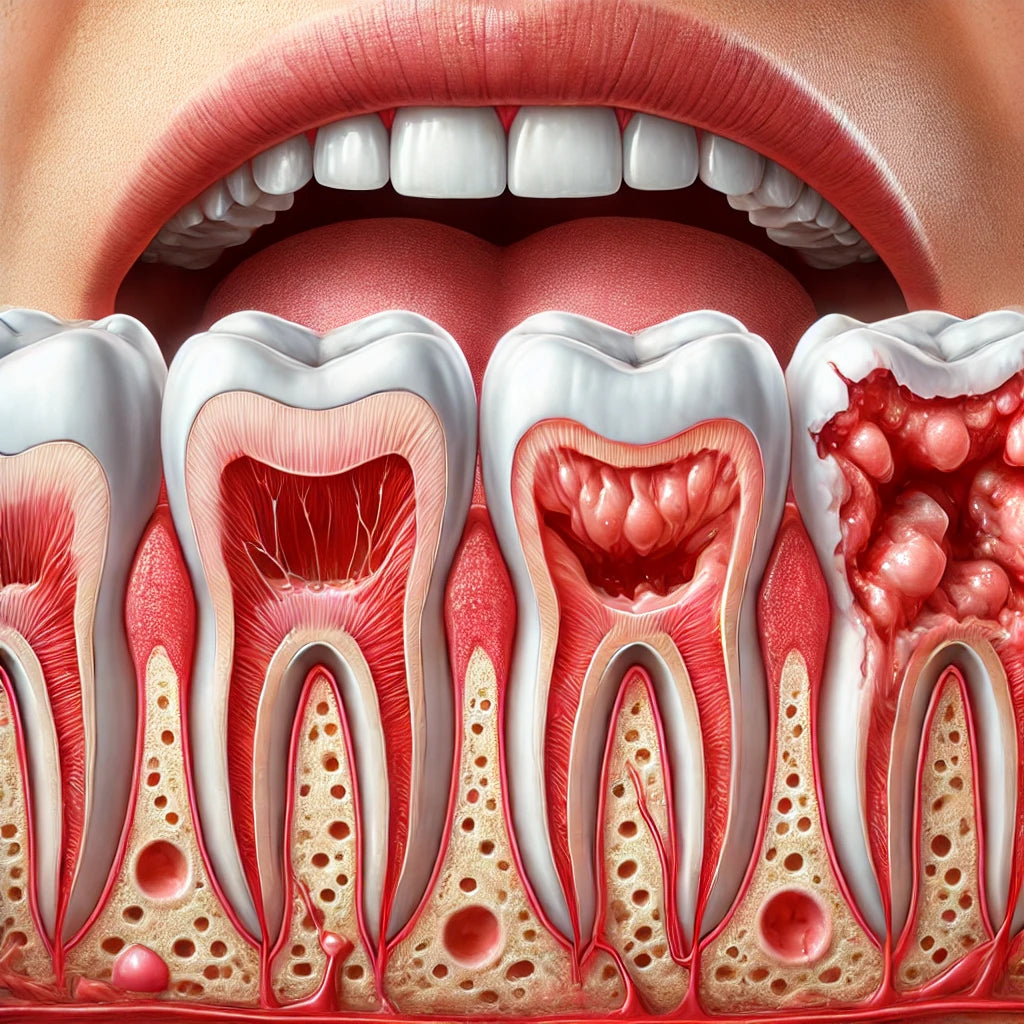News
Rebounding for Bone Health: Strengthen Bones Naturally with Low-Impact Exercise
bone density exercises bone health supplements bone strengthening exercise for joint support exercises for bone growth improve balance low-impact exercise mini trampoline benefits natural bone health osteoblastic activity osteoporosis prevention rebounder trampoline rebounding benefits rebounding for bone health rebounding routines rebounding vs running rebounding workout safe exercises for osteoporosis strengthen bones naturally weight-bearing exercises
As we age, maintaining strong and healthy bones becomes increasingly important. Our bone density naturally decreases over time, leading to conditions like osteoporosis and increasing the risk of fractures. While there are several methods to support bone health, one fun and natural way that’s gaining popularity is rebounding.
Rebounding involves using a mini trampoline to perform controlled movements. This seemingly simple exercise offers profound benefits for the skeletal system, making it a fantastic option for anyone looking to boost their bone health. Rebounding isn't just for kids; it's a low-impact exercise that stimulates bone growth, strengthens muscles, and improves overall well-being.
Ulcer Prevention: Essential Tips for Protecting Your Stomach
avoid ulcers fiber-rich diet H. pylori healthy digestion healthy gut how to prevent ulcers managing stress natural ulcer remedies NSAID side effects NSAID use prevent stomach ulcers probiotics protect stomach lining stomach ulcer prevention tips for ulcers ulcer causes ulcer diet ulcer prevention ulcer symptom ulcer symptoms
Stomach ulcers are a common and often painful condition that affects millions of people worldwide. These sores, which develop on the inner lining of the stomach, can lead to discomfort, nausea, and in severe cases, serious complications like internal bleeding. While various factors, including stress, diet, and the use of certain medications, can contribute to ulcer formation, the good news is that many ulcers can be prevented with simple lifestyle changes.
In this article, we’ll explore key tips for ulcer prevention, focusing on how you can protect your stomach from harm. From dietary modifications to managing stress and avoiding harmful substances, we’ll provide you with practical strategies to keep your digestive system healthy and minimize the risk of ulcers. If you're looking to maintain a healthy gut and prevent future digestive issues, these tips are essential for you.
Spirulina and Blood Sugar Control: A Natural Solution for Managing Glucose Levels
antioxidants blood sugar control blood sugar regulation diabetes management glucose absorption insulin sensitivity natural diabetes solutions natural glucose control organic Spirulina pre-diabetes Spirulina Spirulina benefit Spirulina dosage Spirulina for diabetes Spirulina insulin Spirulina nutrients Spirulina research Spirulina side effects Spirulina studies
Managing blood sugar levels is a critical concern for millions worldwide, especially as conditions like diabetes and pre-diabetes become increasingly common. People are looking for natural ways to regulate their blood sugar and improve their overall health. Spirulina, a blue-green algae, has gained significant attention for its potential in aiding blood sugar control. Packed with essential nutrients and antioxidants, this superfood has the potential to offer more than just a nutritional boost—it may help stabilize glucose levels in the body. But how exactly does Spirulina interact with blood sugar, and why are so many turning to it as a promising solution?
In this article, we’ll explore the link between Spirulina and blood sugar control, breaking down how this superfood works within the body to provide metabolic benefits. We’ll look at scientific studies, key mechanisms of action, and how Spirulina fits into a healthy lifestyle. Whether you are managing diabetes, pre-diabetes, or simply seeking to maintain steady energy levels throughout the day, Spirulina could be the nutritional ally you’ve been searching for.
Protecting Yourself from Avian Influenza: Essential Prevention Tips
avian flu symptoms avian influenza avian influenza hygiene avian influenza safety avian influenza vaccines bird flu prevention bird flu prevention tips bird flu travel precautions how to avoid bird flu protecting from avian flu safe poultry handling
Avian influenza, commonly known as bird flu, is a highly contagious viral infection that affects birds, but in rare cases, it can also infect humans. While most human cases of bird flu result from direct contact with infected birds, the disease can have severe consequences if transmitted. Due to the potential for serious illness or even death, it’s essential to understand how to protect yourself from avian influenza.
Though outbreaks are more common in regions where humans and poultry have close interactions, avian influenza can spread to other areas through migratory birds. By learning the best practices for prevention, you can reduce your risk of contracting this disease. In this article, we’ll explore key strategies to keep yourself and your family safe from bird flu, ranging from hygiene measures to safe food handling practices.
Preventing Periodontal Disease: A Guide to Healthy Gums
brushing and flossing dental checkups diabetes and gum disease gingivitis prevention gum disease prevention gum disease symptoms gum disease treatment gum health healthy gums oral hygiene periodontitis prevention plaque removal preventing periodontal disease smoking and gum disease
Periodontal disease, commonly known as gum disease, is a serious condition that can lead to tooth loss and other health complications if left untreated. It starts with gum inflammation (gingivitis) and can progress to more severe forms, such as periodontitis, which damages the soft tissue and bone supporting the teeth. While gum disease is common, it is largely preventable with proper oral care.
Keeping your gums healthy is essential for maintaining not just your oral health, but your overall well-being. The good news is that with consistent hygiene practices, regular dental visits, and a few lifestyle changes, you can significantly reduce the risk of periodontal disease. In this guide, we'll explore the causes, symptoms, and prevention strategies for keeping your gums in top condition.





